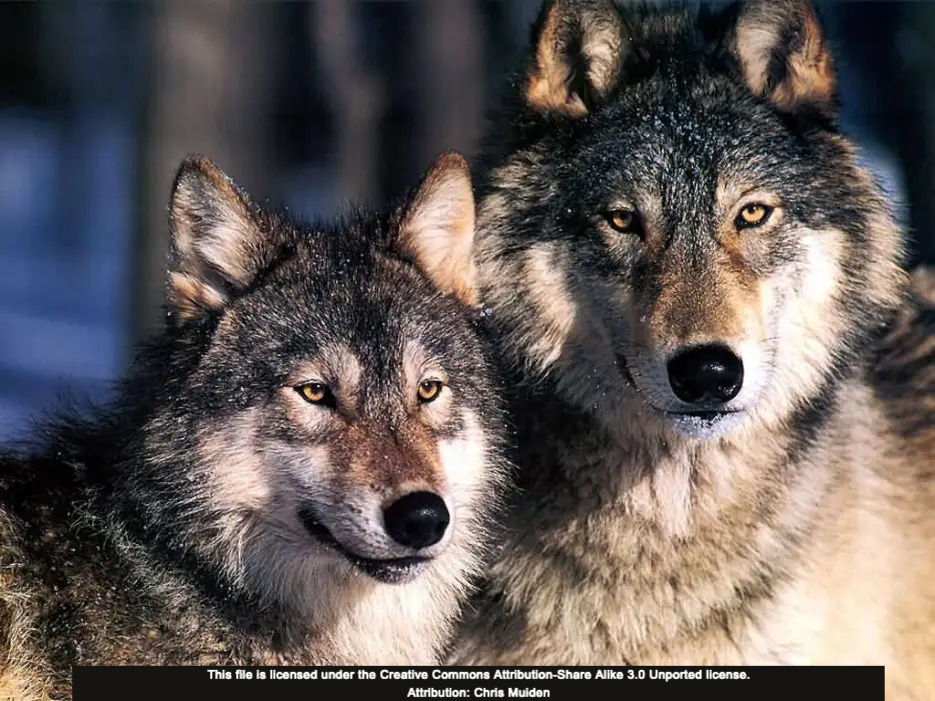Historic Milestone: Keystone Wildlife Coalition Celebrates the Release of 5 Gray Wolves in Colorado
- Gunnar Nemeth

- Dec 19, 2023
- 2 min read

In a monumental achievement for wildlife conservation, the Keystone Wildlife Coalition rejoices over the successful release of five Gray Wolves in Grand County, Colorado, as part of the Colorado Wolf Restoration and Management Plan. This initiative stems from the democratic will of Colorado residents, who voted to reintroduce wolves to the state by the end of 2023. The ambitious plan aims to release 10-15 wolves by mid-March 2024.
The journey of these five wolves began in Oregon, where they were captured, and underwent thorough evaluations by a team of veterinarians, biologists, and conservationists. Equipped with GPS collars, the wolves were carefully transported to Colorado for their release.
It is crucial to note that the Gray Wolf enjoys protection under both the federal Endangered Species Act and Colorado state laws. Unfortunately, nearby states like Wyoming, Montana, and Idaho lack such safeguards, leading to the alarming and malicious hunting of wolves in the hundreds annually.
While the democratic process in Colorado is commendable, the Keystone Wildlife Coalition remains cautiously optimistic. The true cause for celebration will arise when these wolf populations establish themselves and become sustainable. The responsibility for managing wolves in Colorado lies with the Colorado Parks and Wildlife Commission and the US Forest Service. While these agencies have the authority to release wolves, the need for ongoing supervision and protection is paramount.
There exists a legitimate concern that certain residents, particularly livestock ranchers and members of a misguided subset of hunters, may pose a threat to these wolves. The Keystone Wildlife Coalition condemns any such acts as poaching, emphasizing the legal and ethical implications of such actions.
As a registered 501(c)(3) non-profit based in Montana, the Keystone Wildlife Coalition extends its services to monitor and supervise habitats. The organization is committed to safeguarding these federally and state-protected animals on public lands. Additionally, efforts will be made to collaborate with local private landowners to ensure that their lands are not exploited for the poaching of wolves and other protected species, such as the Canada Lynx.
In conclusion, the Keystone Wildlife Coalition urges those overseeing the wolf reintroduction in Colorado to adhere to science-based management tactics. The organization advocates against the influence of political or economic motivations, aspiring to witness a continued commitment to proper ecological restoration in North America. Together, let us move forward in ensuring a harmonious coexistence with these magnificent creatures.



Comments